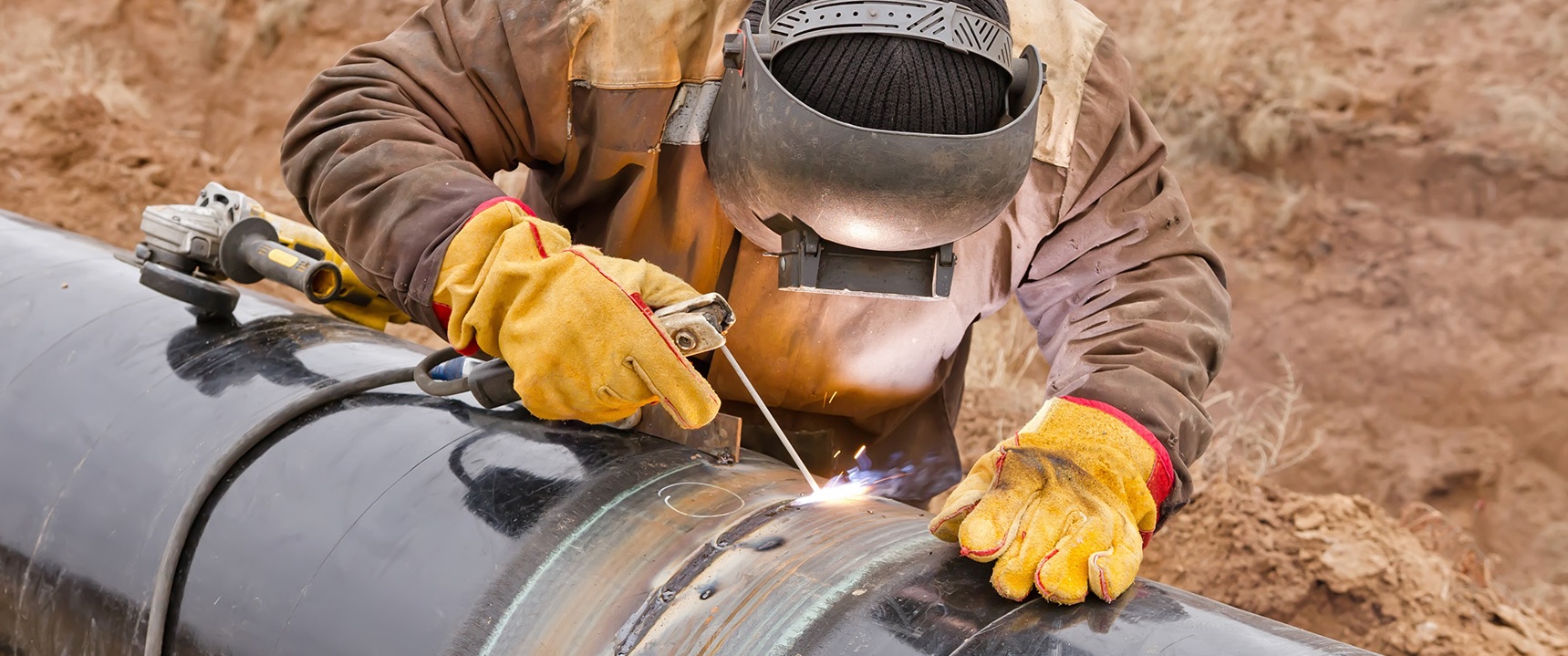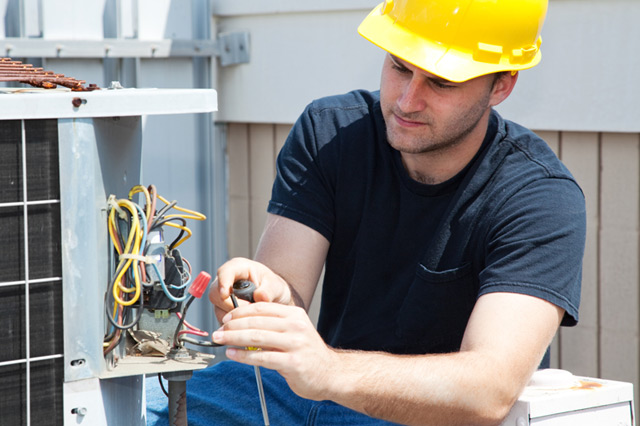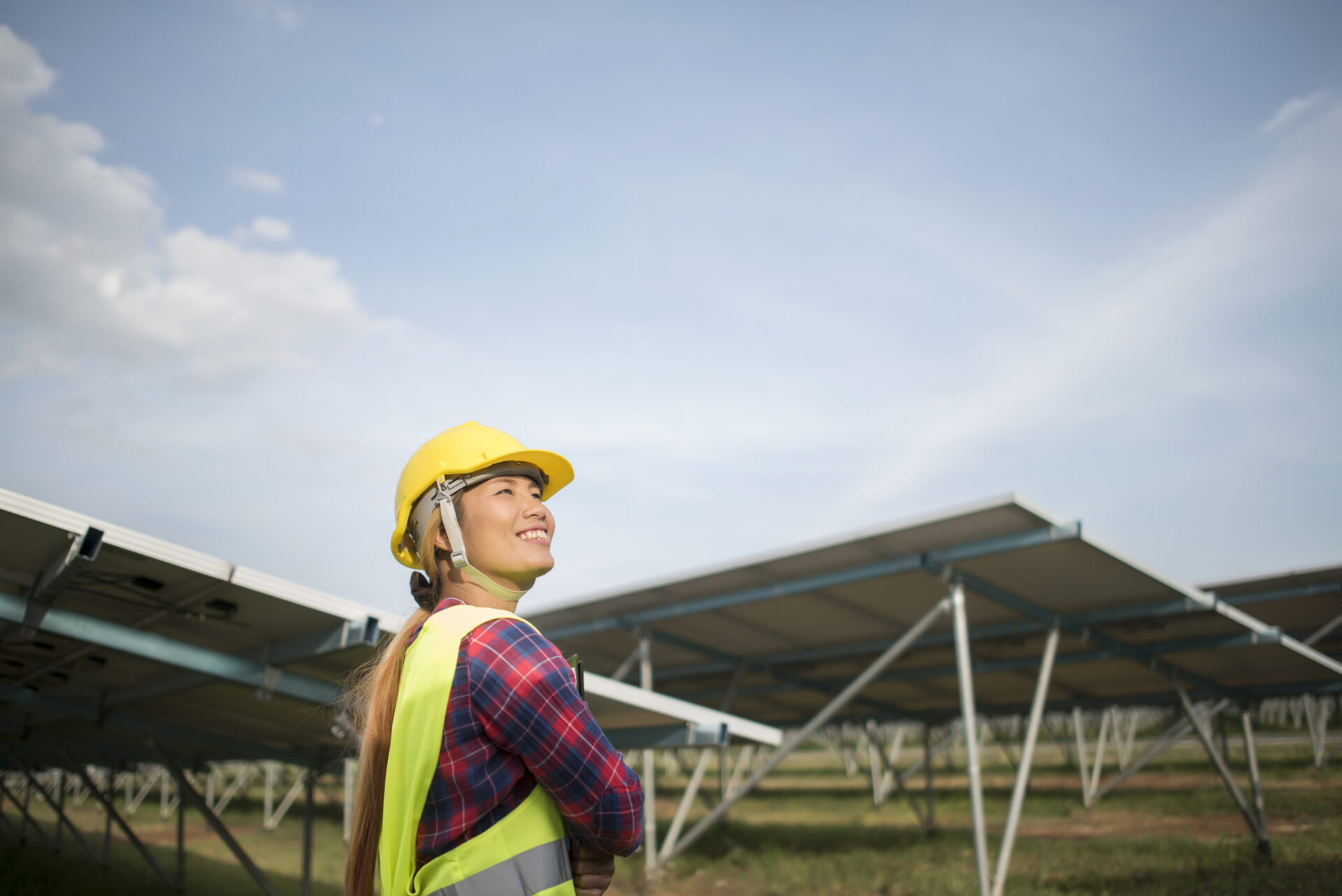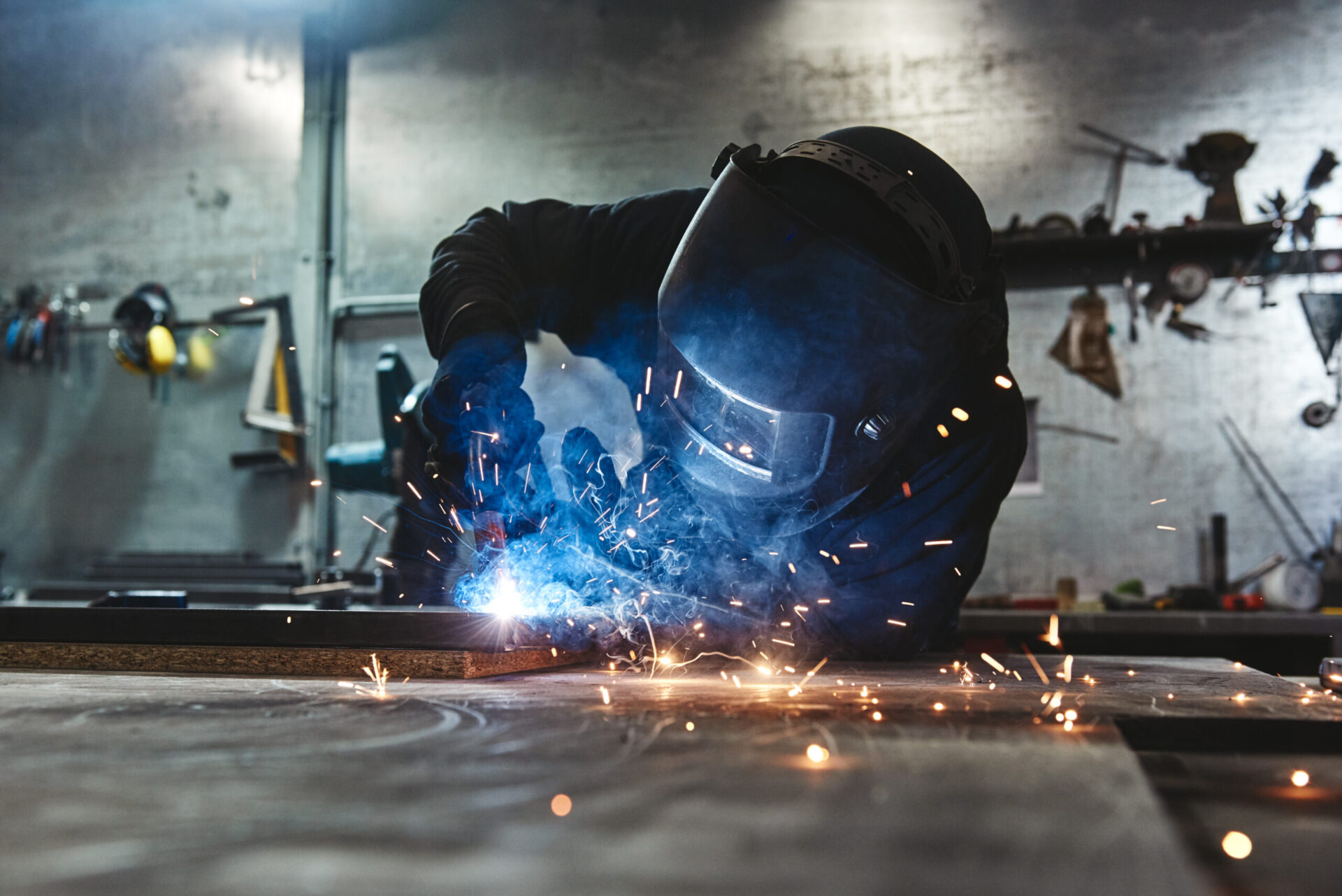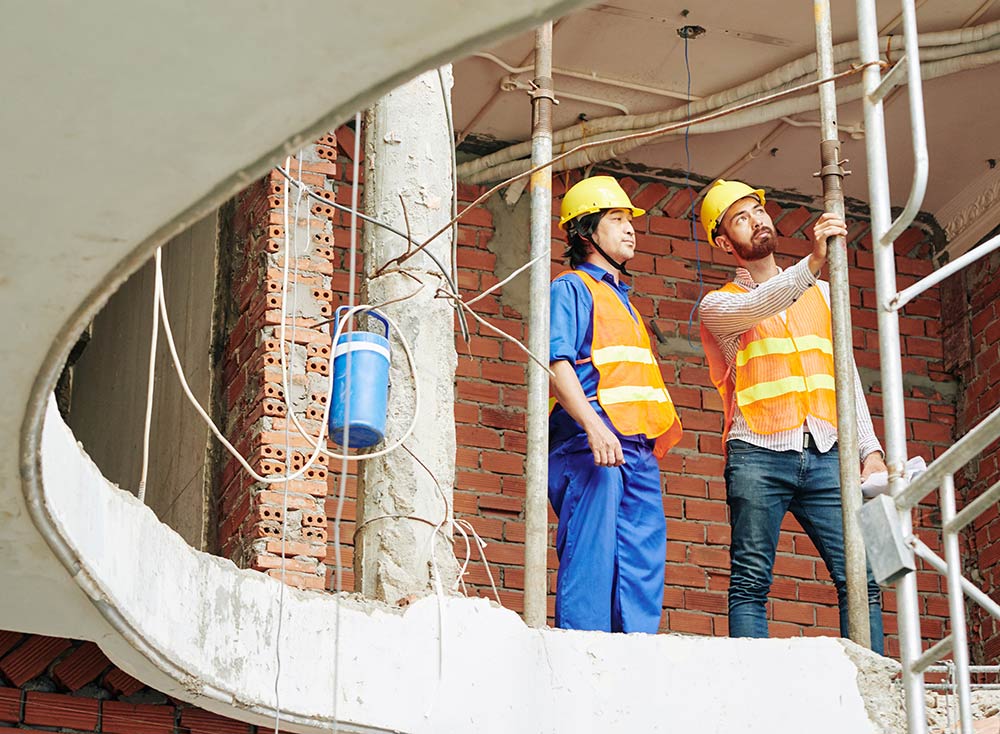It is not easy to simply become a pipe welder. It takes training, experience and a lot of learning from your mistakes to become trained and successful in this industry. The experience needed to be a good pipeline welder means that there are relatively few welders compared to the amount of work that needs to be done. This means that the job role has great job security and long-term prospects.
Read on to learn how to become a pipeline welder and the benefits of working in the industry.
What does a pipeline welder do?
Welding is a skill used in many industries. From automotive fabrication to construction, having the skills to heat and fuse materials together can have you working in all kinds of settings.
One particular area of work that welders can explore is pipeline welding. Pipelines are a crucial part of infrastructure when it comes to transporting water, natural gas and more. Pipeline welders are responsible for installing and repairing this vital network.
Other job duties of a pipeline welder might include cutting or reshaping pipe sections and components, or constructing supports for pipes. They might need to perform ‘hot-tapping’ or weld ‘live’ pipelines, and they will need to maintain their welding equipment.
There are many sectors where pipeline welders could work, including:
- Aerospace factories
- Oil industry
- Construction sites
- Nuclear plants
- Fabrication shops
Depending on the location of the job, a pipeline welder might have to work under extreme weather conditions. It’s a physical job requiring a lot of skill and experience!
Pipeline welder skills and requirements
A pipeline welder will be responsible for the following tasks:
- Reading and understanding blueprints
- Determining requirements, tools, materials, and welding methods
- Assembling pipe components and systems
- Installing and repairing these systems
- Inspecting and maintaining supplies, materials, tools, and equipment
- Preparing the materials
- Ensuring produced welds are up to specifications
- Following safety procedures and guidelines
Qualifications and experience requirements from pipeline welding candidates are as follows:
- GCSEs
- Welding school certificate or completed apprenticeship
- AWS certificate
- Prior welding experience (pipeline welding preferred)
- Up-to-date knowledge of AWS, ANSI, ASME and API standards
- Knowledge and experience of all welding tools and equipment
- Excellent technical and communication skills
The job outlook for pipeline welders
The usual place to start a career in the welding industry is in an entry-level position. Once you gain more experience, it’s possible to take on a more specific role in pipeline welding.
The welding industry as a whole continues to grow, and employers are keen to hire those with the right qualifications. Total welder employment is expected to exceed 452,000 by 2030. This signals plenty of opportunity for those wanting to work their way into a pipeline welding position.
How to become a pipeline welder
While there isn’t an extended academic process required to become a pipeline welder specifically, there are definitely steps you should take to prepare yourself. You could complete an apprenticeship or become certified through a trade school like us here at The Skills Centre.
Our aim is to provide a tailored solution for you to become a fully qualified welder, enabling you to branch out to any specific area you like. With our guidance, you’ll experience all of the training necessary to become fully qualified in your own time. Get in touch with our team to learn more about what we can do for you.

